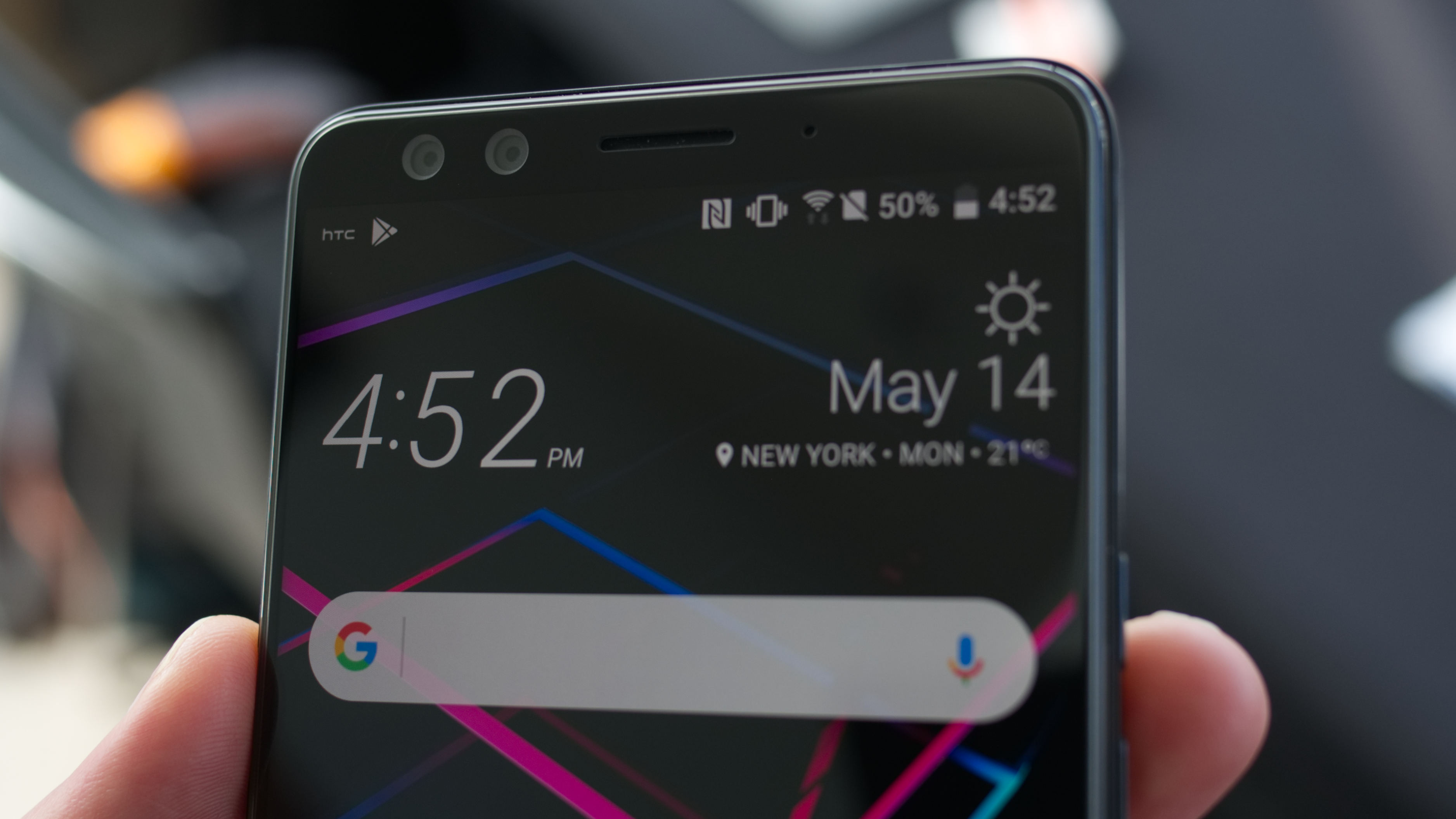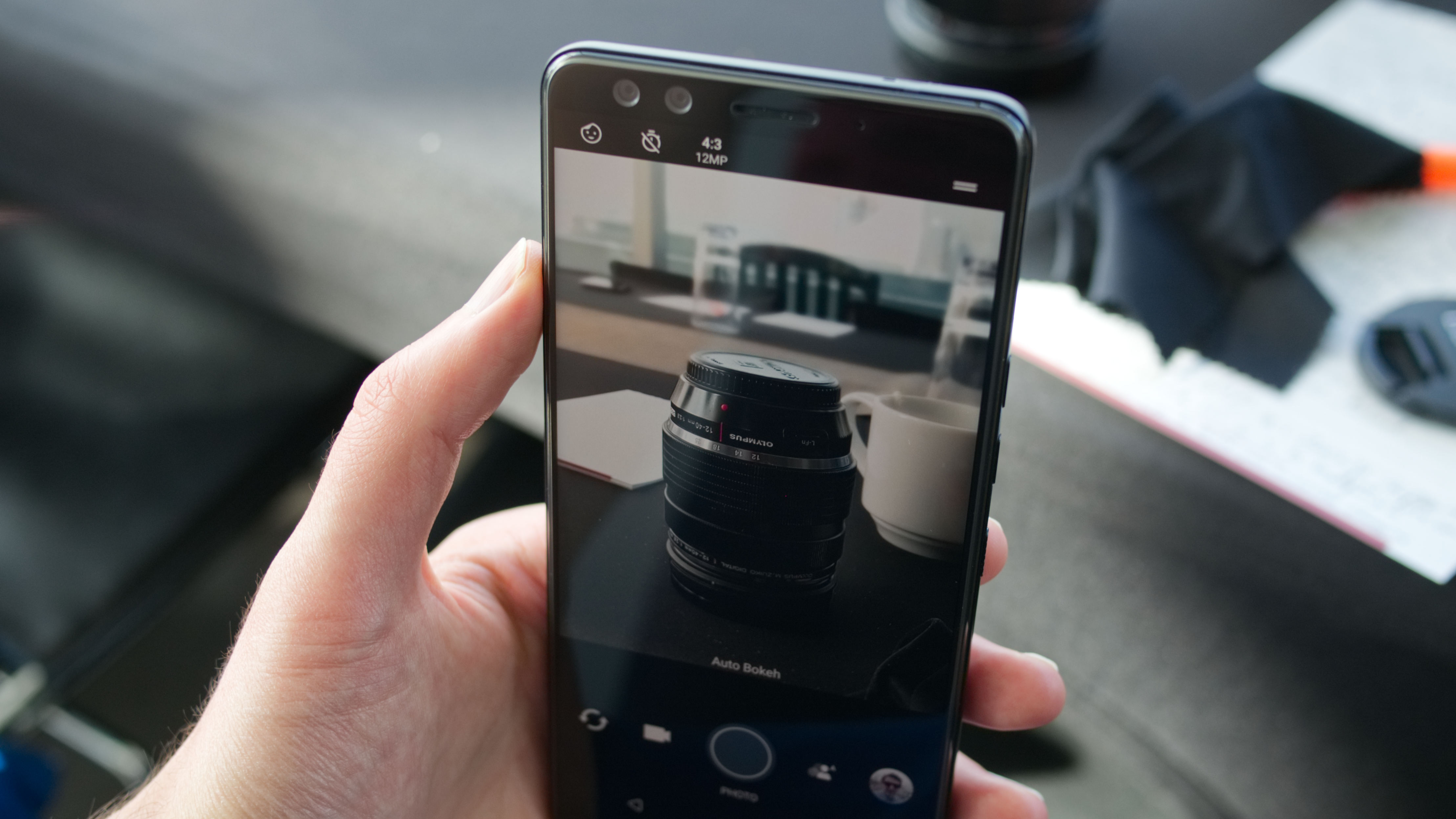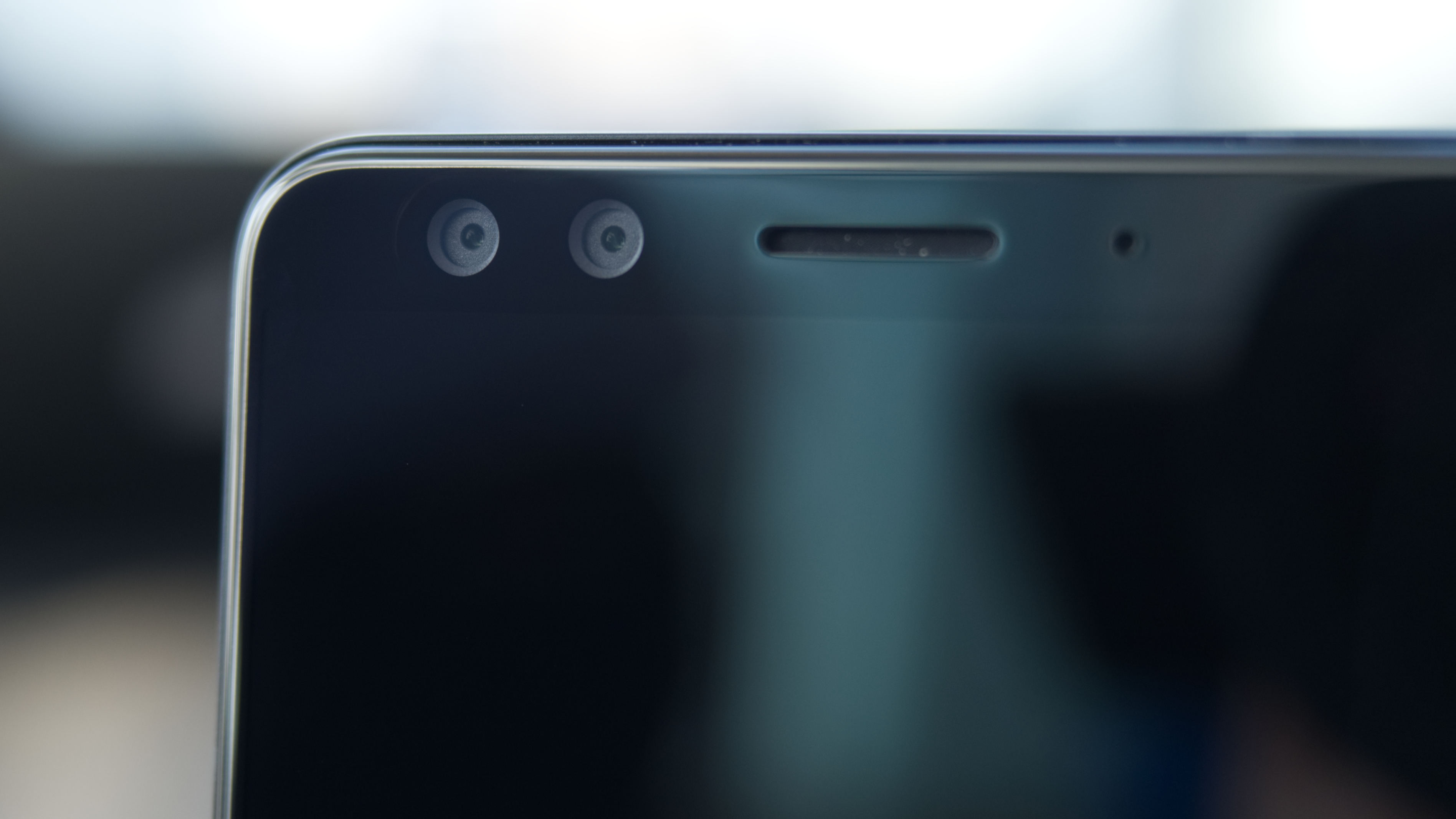The HTC U12 Plus is here, and it’s offering a boatload of features and performance to attempt standing out. But, like any new flagship smartphone, it has to face its competitors, and right now, there is no shortage of options to consider.
With Samsung currently sitting as king of the hill when it comes to Android smartphones, it’s only natural that we see how the new HTC U12 Plus stacks up against the Galaxy S9. While the U12 Plus has done its fair share of changing from the HTC U11 Plus and U11, the Galaxy S9 hasn’t changed much from last year’s Galaxy S8.
Let’s see if the changes HTC has made can help it catch up to the smaller, iterative changes Samsung made with the Galaxy S9.
- Read our hands on: HTC U12 Plus review

Design
The HTC U12 Plus is sized a touch bigger than its U11 predecessor, which measured 153.9 x 75.9 x 7.9mm. Though the increase in size in marginal, it’s bumped up to 156.6 x 73.9 x 8.7-9.7mm and 188g. Compared to the Galaxy S9, that’s bigger in every way. The S9 measures 147.7 x 68.7 x 8.5mm and 163g.
Both phones feature a fingerprint scanner on the rear, below their cameras. But, the U12 Plus has a circular scanner compared to the S9’s rectangular one. The U12 Plus scanner is also set a further distance from the camera lenses, so smearing finger grease on the lenses will likely be less of an issue with this design.
The Galaxy S9 and HTC U12 Plus have a few other commonalities. Both are well designed to protect from water and dust, with IP68 ratings. They also both have dual speaker arrangements, though the U12 Plus uses the speakers for different frequencies, and not for stereo. Glass covers the front and back of each phone as well.
The phones trade blows with the extra features in their design. The S9 has a 3.5mm headphone jack and incorporates iris, face, and fingerprint unlocking methods, but the HTC U12 Plus has HTC’s unique Edge Sense technology, allowing users to interact with the phone through varying grips on the edge.
The HTC U12 Plus will be available in Flame Red, Ceramic Black and a unique Translucent Blue that shows through to the phone’s internals. The S9 comes in Lilac Purple, Midnight Black, and Coral Blue. The colors available for both phones vary by region.
Which phone wins in design will come down mostly to personal preference, but Samsung’s stylish curved glass and smaller, more pocketable size will likely make it preferable pick for many.
Display
The HTC U12 Plus’s bigger frame allows it to house a bigger display. The U12 Plus screen measures in at 6 inches, offering a bit more screen real estate and than the Galaxy S9’s 5.8 inches of display. If size were everything, the U12 Plus would win here, but it’s not.
The U12 Plus does a good job reducing bezels around the screen, but not as good a job as the S9. And, though the U12 Plus display is plenty sharp at a resolution of 2,880 x 1,440, it’s not as sharp as the 2,960 x 1,440 screen on the S9.
The screen technology in each is also different. The S9 uses a Super AMOLED display, while the U12 Plus has a Super LCD 6 display. In theory, the LCD should win for displaying bright visuals while the AMOLED would win for dark and high-contrast visuals. But pure blacks and the battery savings offered by AMOLED displays are really terrific to have, and the S9’s visibility in direct sunlight shows that there’s much gained and virtually nothing sacrificed by using AMOLED.
We’re giving it to the Galaxy S9 in the display face-off. Unsurprisingly, the reigning champ of smartphone displays continues its reign.

OS and power
This year, a flagship isn’t a flagship unless it’s sporting a Snapdragon 845 chipset. Unsurprisingly, both the HTC U12 Plus and Galaxy S9 run on a Snapdragon 845 (though some S9 variants run on Samsung’s own Exynos 9810 chipset). The U12 Plus comes with 6GB of RAM and the S9 has just 4GB of RAM, but how quickly each runs will come down to software optimization, and it’s possible the S9 could run just as well with its available RAM. Since both devices come running Android 8.0 Oreo, neither gain an advantage for their operating system, and both will end up on Android P eventually.
The story for storage doesn’t change much either. Both come with a starting capacity of 64GB and have larger options available. Both also support microSD cards for affordable expandable storage.
HTC has used the size of the U12 Plus to pack in a 3,500mAh battery, giving it about 16% more battery power than the Galaxy S9. Just how well that extra power will translate into real world operation is up for debate though. Much of it will come down to display settings, as that larger battery has to power a larger LCD display, whereas the AMOLED display on the S9 can sip on the battery more slowly (especially with the default resolution of Full HD).
Since displays are usually the biggest drains on batteries, we’ll have to see just how well the U12 Plus screen is optimized before we can call a battery power winner. The story is the same for performance. Since both phones boast largely similar internals, we won’t be able say which is better before we’ve has a chance to test the U12 Plus.

Camera
The HTC U12 Plus and Galaxy S9 trade blows in the camera department, but in this metaphorical fist fight, the U12 Plus has more arms.
The HTC U12 Plus has a dual camera setup on both the front and the back. The rear features a 12MP wide-angle lens with an f/1.75 aperture and a 16MP lens with an f/2.6 aperture and 2x optical zoom. The rear cameras have optical image stabilization (OIS) for photo and video, and can record 4K at 60fps and 1080p slow-mo video at 240fps.
The HTC U12 Plus front-facing cameras offer an 84-degree field of view, have an f/2.0 aperture, and can create images with a bokeh effect.

In comparison, the Galaxy S9’s camera offering are fairly simple, though AR Emoji is a unique, if gimmicky, feature not present on the U12 Plus. The S9 has a 12MP rear camera and an 8MP front-facing camera. That rear camera offers a 77-degree FOV and OIS, and it has a special dual-aperture feature that lets it quickly switch from a fast f/1.5 to f/2.4. The front-facing camera has an 80-degree FOV and aperture set a f/1.7. The S9 can shoot video similar to the HTC U12, with 4K at 60fps and 1080p slow-mo at 240fps.
On paper, the HTC has some strong perks that the S9 lacks. But, a lot of the performance of smartphone cameras comes down to software tweaks, and Samsung has shown just how good it is at making a good camera. When it comes to low-light scenarios, the wider aperture of the Samsung cameras should come out on top, while the wider field of view and option for optical zoom can make the HTC camera useful in a lot of brighter scenarios. The U12 Plus’s OIS for video may make it a better pick for those who use their phone for recording a lot.
Price and availability
When it comes to price, the Galaxy S9 easily has the edge for budget-minded shoppers. With a starting price of $719 (£739/AU$1,199) for the 64GB model, it comes in well below the $799 ( £699, about AU$1,055) price tag of the HTC U12 Plus.
When factoring just what that extra expense brings the the HTC U12 Plus (more RAM, an extra camera on each side, and a marginally larger screen), the higher price doesn’t feel entirely justified. However, if HTC’s cameras manage to dazzle us, it could be worth it after all.
Takeaway
Both the HTC U12 Plus and Samsung Galaxy S9 are smartphones worthy of your attention. The Galaxy S9 does an incredible job of offering a well-rounded smartphone with a brilliant design. For frequent smartphone photographers, it’s low-light performance will make it an easy pick.
The HTC U12 Plus offers a lot, especially when it comes to cameras (recall that it has four cameras!). But when it comes to the rest of the phone, it’s not really offering anything truly noteworthy that the S9 isn’t at a cheaper price.
If the extra cameras of the U12 Plus are really enticing and the price isn’t a deterrent, then the better option may be to just go with the bigger and better Galaxy S9 Plus for a slightly higher price.
from TechRadar: Phone and communications news http://www.techradar.com/news/htc-u12-plus-versus-samsung-galaxy-s9
No comments:
Post a Comment